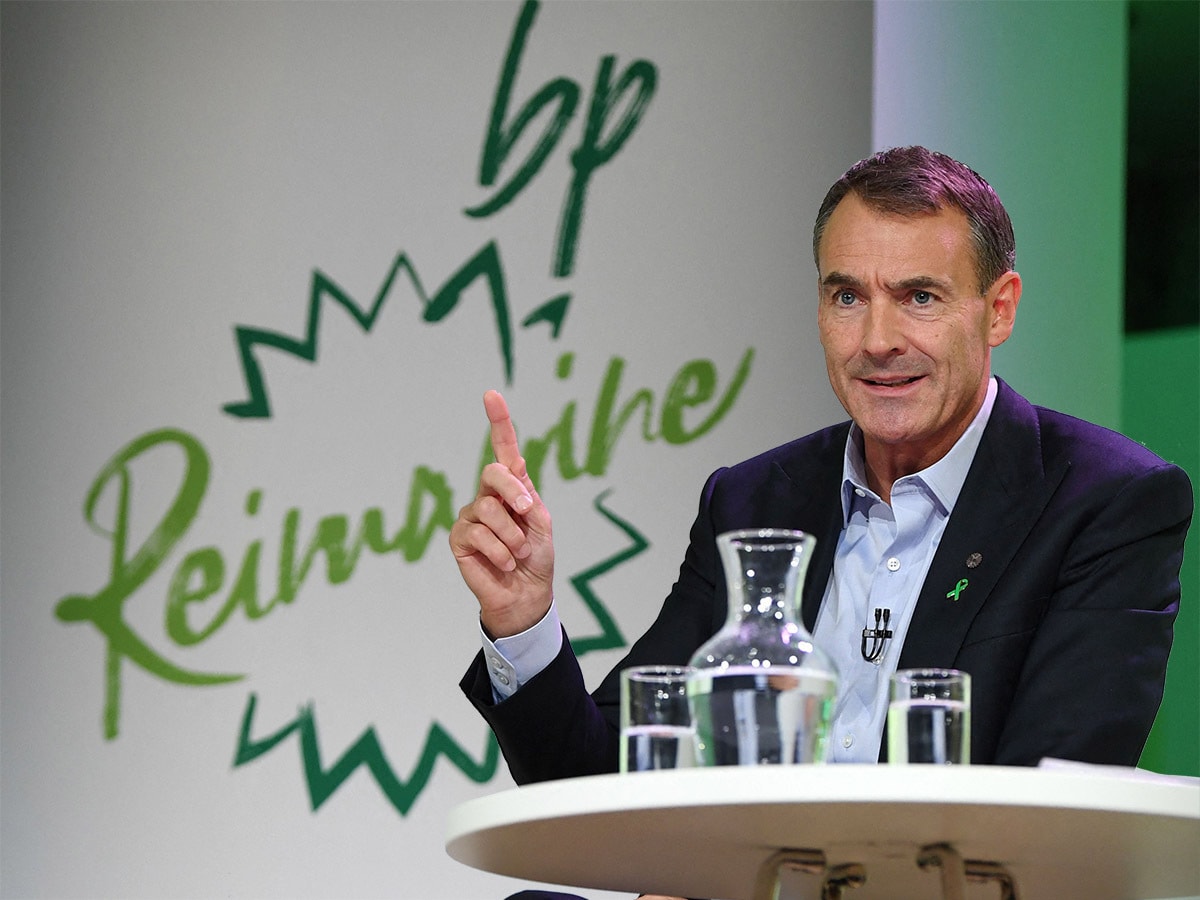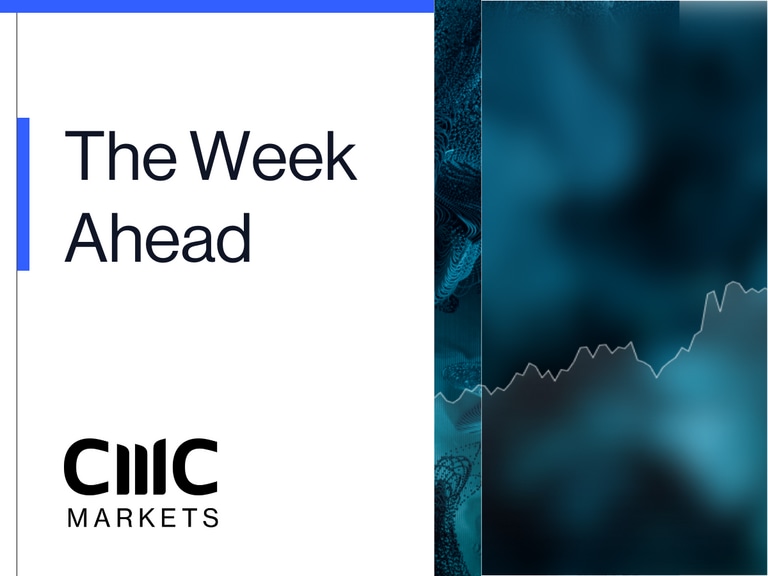
The BP [BP.L] share price has trended higher since the start of 2022, fuelled by surging oil and gas prices. As the oil and gas major prepares to report its fourth-quarter results on 8 February, the majority of analysts are expecting an earnings beat to boost the BP share price.
BP said during its Q3 results that it expected higher profits in the upcoming quarter because of project ramp-ups and the restart of operations in the Gulf of Mexico in the wake of Hurricane Ida. A global squeeze on gas supplies is also anticipated to have increased its bottom line after rival Shell [SHEL.L] revealed its highest quarterly profit in eight years in early February.
As a result, analysts polled by Zacks Investment Research forecast the group will post earnings of $1.18 a share, significantly higher than the year-ago quarter’s $0.01. Revenue, however, is expected to fall 13.3% year-on-year to $42.1bn – versus a profit of $3.3bn in Q3.
Bernard Looney, CEO of BP, said during the Q3 earnings call that the oil major’s dividend would be maintained at $5.46 a share in Q4 as part of a commitment to grow distributions to shareholders.
BP share price benefits from surging oil and gas prices
The BP share price has risen 67.3% in the past year, closing at 405.90p on 4 February. A good portion of the BP stock price’s gains were made at the start of the year when it climbed 15.8% in January. That came after the stock had risen 36.3% throughout 2021.
Shares in BP reached a 52-week high of 409.45p during intraday trading on 7 February, driven by rallying oil prices. The price of oil rallied in January, with the West Texas Intermediate (WTI) soaring more than 17% to above $88 a barrel – a level not seen since 2014. Goldman Sachs expects this to continue and reach as high as $100 in 2022 and $105 in 2023.
Meanwhile, gas prices are also trading five times higher than the level in January 2020 amid supply chain issues, according to Reuters. Geopolitical tensions between Russia and Ukraine, which led to the shutdown of a key European pipeline in early February, have scuppered supply. Colder winters and the switch from fossil fuels to renewables are also sending gas prices higher.
BP’s battle with debt
In Q3, BP reported that its net debt had reduced to $32bn, down from $32.7bn in the previous quarter and $40.3bn in Q3 2020. Despite reporting stronger cashflows, bigger profits and asset sales, the BP share price fell 2% after the announcement.
The company also reported a 4% year-on-year increase to its dividend and announced plans to buy back $1.25bn of shares before the end of the year. The company had already announced a $1.4bn buyback in mid-2021.
Investors will be looking at the Q4 results to find out whether the company maintained these headline rates, which have been under pressure as the group ramps up spending on its transition from fossil fuel to renewables. By 2030, BP aims to spend $5bn per year on low-carbon energy projects, although that will be a huge leap from the $500m spent in 2020.
Analysts believe BP should use profits to offset debt
Laura Hoy, an equity analyst at Hargreaves Lansdown, believes the oil major should be making use of the BP share price bonanza to decrease its debt. “The high costs of running an oil operation, together with a hefty share buyback plan, has sapped incoming cash,” Hoy wrote in a note to clients. “That’s left the group with net debt of more than four times cash profits. We’d like to see management using the sector’s tailwind to make progress on paying down debt and stabilising the balance sheet.”
That could become more difficult if calls for a windfall tax on oil company profits to ease the cost of living crisis in Britain are acted upon by the government. That may take some of the bounce out of the BP share price as well, according to Danni Hewson, a financial analyst at AJ Bell.
“Of course, it’s not a straightforward argument. Both businesses [BP and Shell] have a duty to their shareholders, the people who bankroll their operations in good times and in bad,” AJ Bell’s Hewson wrote in a note.
She added that BP could use its profits to speed up its green transition. “It could shore up considerable goodwill among consumers, politicians and activists alike if they took this opportunity.”
Disclaimer: CMC Markets is an execution-only service provider. The material (whether or not it states any opinions) is for general information purposes only, and does not take into account your personal circumstances or objectives. Nothing in this material is (or should be considered to be) financial, investment or other advice on which reliance should be placed. No opinion given in the material constitutes a recommendation by CMC Markets or the author that any particular investment, security, transaction or investment strategy is suitable for any specific person. The material has not been prepared in accordance with legal requirements designed to promote the independence of investment research. Although we are not specifically prevented from dealing before providing this material, we do not seek to take advantage of the material prior to its dissemination.



















